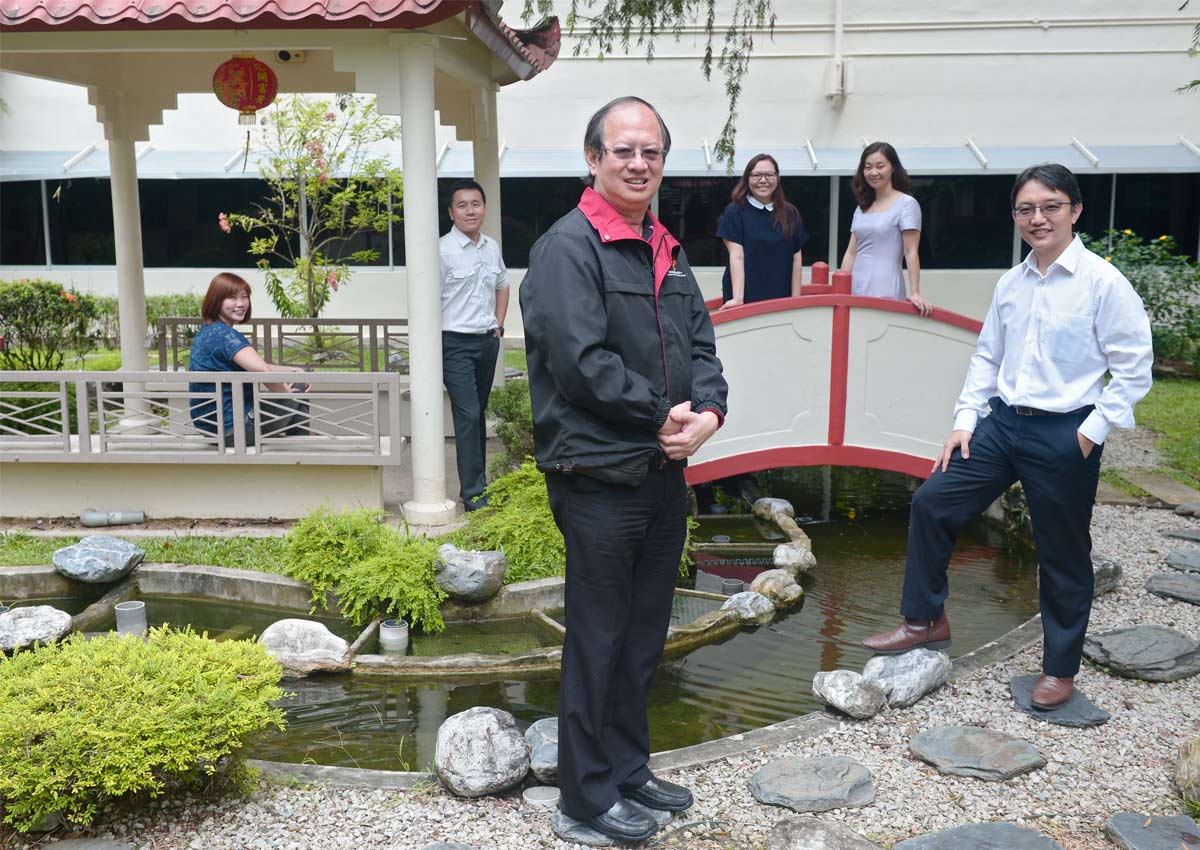YOUNG Chinese Singaporeans may have shifted away from their mother tongue to speak more in English but a new study has found that pre-schoolers still have a foundation in the Chinese language.
More than half of them are bilingual though they use English more often with their peers and siblings, according to a two-year study by a team from the Singapore Centre for Chinese Language (SCCL).
The study, which was completed last year and funded by the Lee Kuan Yew Fund for Bilingualism, aimed to gain a deeper insight into the use of both languages among young children here.
Associate Professor Tan Chee Lay, the SCCL’s executive director of research and development, said previous research had painted a “dismal” picture – that young Chinese Singaporeans have a poor grasp of their mother tongue.
But the latest study, by a team of four researchers and two project officers, showed that they have not completely neglected Chinese.
The findings have been published in several international journals such as the Early Childhood Education Journal.
About 1,300 parents with children from 74 pre-schools were asked about their language use and how much they exposed their children to oral and written forms of Chinese and English.
This included time spent reading storybooks, watching television and listening to songs.
The researchers also tested 380 pre-schoolers, aged five to six years, on their proficiency in character recognition and oral Chinese.
Prof Tan, the study’s lead author, said the results showed that children who spoke and read more in Chinese performed better in the oral and written tests respectively.
But the amount of exposure that they had to Chinese was much lower than English.
Their oral exposure to Mandarin – including watching television – was about 15 hours a week compared to 25 hours for English. Overall print exposure was about five times a week for Chinese and 15 times for English.
Prof Tan said the study shows that the children already have some foundation in their mother tongue – even with limited exposure.
He noted that the children preferred to use English more with their siblings and peers.
For instance, 32 per cent of them use English when speaking to siblings and peers compared to 18 per cent and 25 per cent with their mother and father respectively.
“If this trend continues, you can say that the younger generation will eventually speak more English… as they grow up with siblings and peers together,” said Prof Tan.
Parents with young children The Straits Times spoke to said they recognised the importance of exposing their children to the language.
Administrative executive Huang Shufen, 33, who has two daughters aged six and nine, said: “When they were younger, we spoke more Mandarin with them.
“We want them to be able to speak Mandarin.”
But others like 39-year-old freelance writer Frances Tan, who has three children, said: “We try to expose them to Chinese DVD cartoons, and weekly enrichment lessons, but it is very limited.”
ateng@sph.com.sg

Get MyPaper for more stories.






